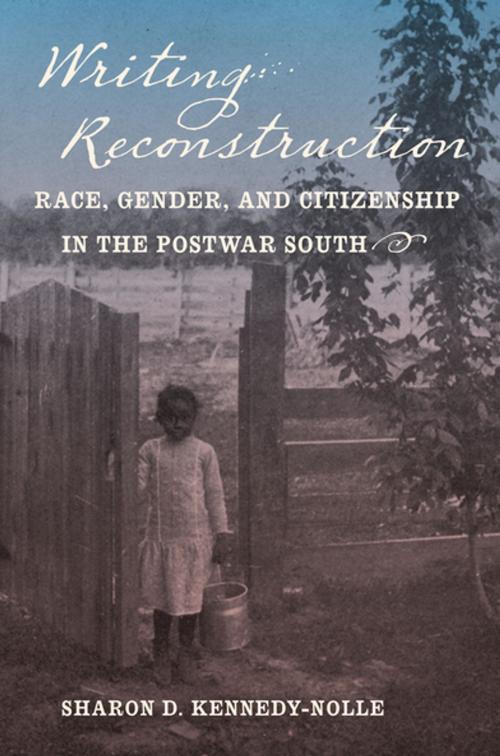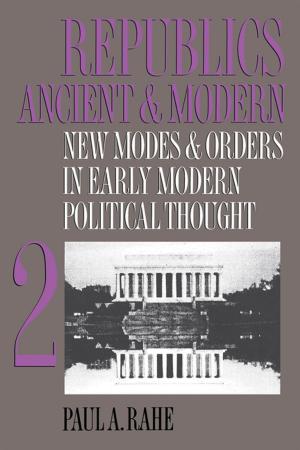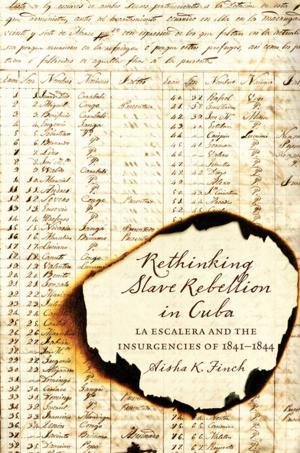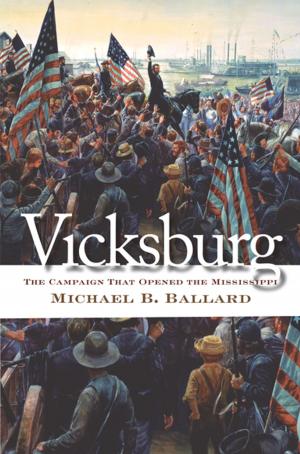Writing Reconstruction
Race, Gender, and Citizenship in the Postwar South
Fiction & Literature, Literary Theory & Criticism, American, Nonfiction, Social & Cultural Studies, Social Science, Cultural Studies, African-American Studies, History, Americas, United States, Civil War Period (1850-1877)| Author: | Sharon D. Kennedy-Nolle | ISBN: | 9781469621081 |
| Publisher: | The University of North Carolina Press | Publication: | May 4, 2015 |
| Imprint: | The University of North Carolina Press | Language: | English |
| Author: | Sharon D. Kennedy-Nolle |
| ISBN: | 9781469621081 |
| Publisher: | The University of North Carolina Press |
| Publication: | May 4, 2015 |
| Imprint: | The University of North Carolina Press |
| Language: | English |
After the Civil War, the South was divided into five military districts occupied by Union forces. Out of these regions, a remarkable group of writers emerged. Experiencing the long-lasting ramifications of Reconstruction firsthand, many of these writers sought to translate the era's promise into practice. In fiction, newspaper journalism, and other forms of literature, authors including George Washington Cable, Albion Tourgee, Constance Fenimore Woolson, and Octave Thanet imagined a new South in which freedpeople could prosper as citizens with agency. Radically re-envisioning the role of women in the home, workforce, and marketplace, these writers also made gender a vital concern of their work. Still, working from the South, the authors were often subject to the whims of a northern literary market. Their visions of citizenship depended on their readership's deference to conventional claims of duty, labor, reputation, and property ownership. The circumstances surrounding the production and circulation of their writing blunted the full impact of the period's literary imagination and fostered a drift into the stereotypical depictions and other strictures that marked the rise of Jim Crow.
Sharon D. Kennedy-Nolle blends literary history with archival research to assess the significance of Reconstruction literature as a genre. Founded on witness and dream, the pathbreaking work of its writers made an enduring, if at times contradictory, contribution to American literature and history.
After the Civil War, the South was divided into five military districts occupied by Union forces. Out of these regions, a remarkable group of writers emerged. Experiencing the long-lasting ramifications of Reconstruction firsthand, many of these writers sought to translate the era's promise into practice. In fiction, newspaper journalism, and other forms of literature, authors including George Washington Cable, Albion Tourgee, Constance Fenimore Woolson, and Octave Thanet imagined a new South in which freedpeople could prosper as citizens with agency. Radically re-envisioning the role of women in the home, workforce, and marketplace, these writers also made gender a vital concern of their work. Still, working from the South, the authors were often subject to the whims of a northern literary market. Their visions of citizenship depended on their readership's deference to conventional claims of duty, labor, reputation, and property ownership. The circumstances surrounding the production and circulation of their writing blunted the full impact of the period's literary imagination and fostered a drift into the stereotypical depictions and other strictures that marked the rise of Jim Crow.
Sharon D. Kennedy-Nolle blends literary history with archival research to assess the significance of Reconstruction literature as a genre. Founded on witness and dream, the pathbreaking work of its writers made an enduring, if at times contradictory, contribution to American literature and history.















